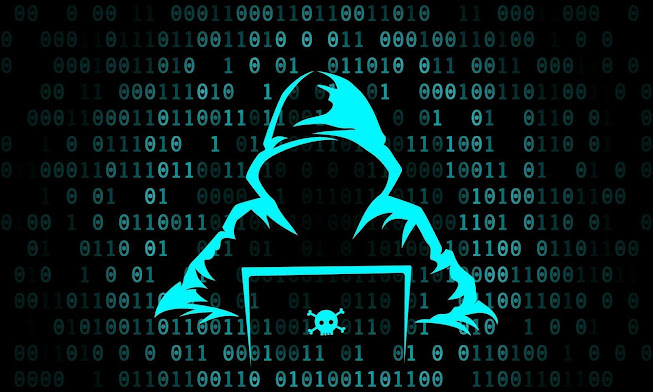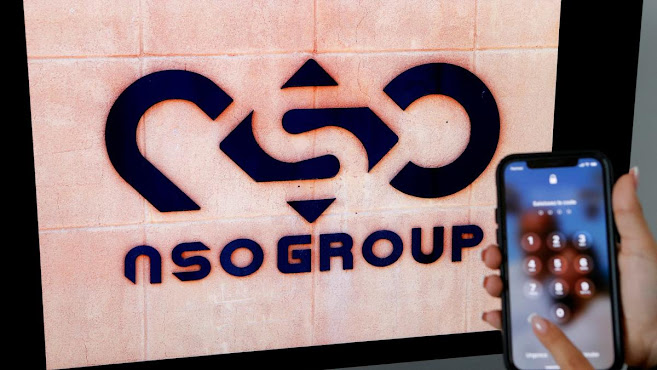Understanding Pegasus Spyware: A Deep Dive into its Mechanics, Usage, and Impact
Pegasus spyware, developed by the Israeli-based NSO Group, has become one of the most infamous and controversial surveillance tools in recent years. Its advanced capabilities, particularly its zero-click exploit mechanism, have raised significant concerns about privacy, freedom of speech, and human rights. This blog aims to provide a comprehensive understanding of Pegasus spyware, its workings, its usage by various governments, and its broader implications.
What is Pegasus Spyware?
Pegasus spyware is a highly sophisticated piece of malware designed to infiltrate smartphones and other devices to extract sensitive information without the user's knowledge. Developed by the NSO Group, Pegasus can read messages and emails, listen to calls, capture passwords, track location, and even activate the camera and microphone of the infected device. The spyware is particularly potent due to its zero-click exploit, which allows it to install itself without any action from the victim. For instance, iPhone users could be infected simply by receiving an iMessage.
The Inception and Initial Discovery
The first known instance of Pegasus spyware was reported in 2016 when it failed to install on the iPhone of Ahmed Mansoor, a human rights activist. This incident marked the beginning of widespread awareness about the capabilities and dangers of Pegasus. Despite its purported use for combating terrorism and serious crimes, numerous reports have revealed that Pegasus has been used to target journalists, activists, and political opponents, prompting organizations like Amnesty International to raise alarms about its misuse.
How Does the Spyware Pegasus Operate?
Zero-Click Attacks
The zero-click exploit capability of Pegasus malware is its most concerning characteristic. Conventional malware frequently needs the user to interact in some way, either by opening an infected file or clicking a malicious link. Pegasus, on the other hand, can enter a device without the user's intervention. Pegasus can install itself even if the message is not opened or the call is not returned by the attacker who sent the malicious message or called the target's phone. It is extremely difficult for users to identify or prevent an infection because of this covert technique.
Data Access and Control
Once installed, Pegasus gains access to virtually all data on the device. It can:
- Read messages and emails.
- Listen to phone calls.
- Capture passwords and keystrokes.
- Track the device's location.
- Access the microphone and camera to record audio and video.
- Collect information from apps, including encrypted messaging apps like WhatsApp and Signal.
Moreover, Pegasus can disable built-in security features, making it even more challenging to detect and remove.
Pegasus Spyware: Who Uses It?
Pegasus spyware is primarily sold to law enforcement and governmental organizations as a weapon against major crimes and terrorism. But its use has gone beyond these stated objectives. Among the noteworthy clientele are:
Saudi Arabia: Supposedly employed Pegasus to target activists and dissidents.
Azerbaijan: Supposedly used spyware on opposition politicians and media.
India: Charged with spying on activists and opposition leaders with Pegasus.
United Arab Emirates: Known for keeping activists and critics under surveillance with spyware.
These incidents show how easily abuse may occur, especially in nations with a history of violating human rights and having little freedom of speech.
The US Government and Pegasus
The US government has shown interest in Pegasus, with the NSO Group attempting to sell the software to agencies like the Drug Enforcement Agency (DEA) and the San Diego Police Department. However, due to the high cost, these agencies declined. In January 2022, it was revealed that the Federal Bureau of Investigation (FBI) purchased Pegasus in 2019 and considered using it for domestic surveillance. Ultimately, the decision was made not to deploy the spyware domestically, following consultations with the Department of Justice.
Legal Challenges and Controversies
The NSO Group has faced multiple lawsuits and significant scrutiny over the use and misuse of Pegasus. Two prominent cases include:
WhatsApp Lawsuit: In 2019, WhatsApp filed a lawsuit against the NSO Group, alleging that the company exploited a vulnerability in WhatsApp's calling feature to inject Pegasus spyware into approximately 1,400 devices, including those of human rights activists and journalists. The NSO Group denied targeting individuals but did not deny creating the exploit.
Apple Lawsuit: In November 2021, Apple sued the NSO Group, accusing it of targeting Apple users with Pegasus spyware. The lawsuit aimed to hold the NSO Group accountable for the misuse of its technology and to prevent further abuse.
Checking for Pegasus Spyware
Given the sophisticated nature of Pegasus, detecting its presence on a device can be challenging. However, there are tools available for this purpose. One such tool is the Mobile Verification Toolkit (MVT), an open-source mobile forensics tool developed to identify Pegasus infections. Users can download the toolkit and follow detailed instructions to check their devices. However, due to the complexity of the process, it is recommended for individuals with significant technical expertise.
Taking Out Pegasus Spyware
In the event that you believe your device has a Pegasus infection, getting rid of the virus can be difficult and frequently calls for expert help. These are the general procedures for Android and iPhone devices:
For iPhones: Launch the Mobile Verification Toolkit on an iPhone connected to a Linux or macOS computer. It is best to get assistance from a digital forensics specialist due to the complexity of the process.
Similar to this, for Android users, utilize a Linux or macOS computer to access the Mobile Verification Toolkit. Again, to guarantee complete removal, speaking with cybersecurity professionals is strongly advised.
Protecting Your Device from Spyware
While Pegasus represents a highly advanced form of spyware, everyday users can still take steps to protect their devices from more common threats:
Use Strong Passwords and Biometrics: Implement strong, unique passwords and enable biometric authentication to prevent unauthorized access.
Download Apps from Official Stores: Avoid downloading apps from unofficial sources, as these are more likely to contain malware.
Be Vigilant About Device Behavior: If your device starts behaving unusually, investigate the cause. Strange pop-ups or unexpected notifications can be signs of malware.
Be Cautious with Links and Attachments: Verify the authenticity of links and attachments before clicking on them, especially from unknown or unexpected sources.
Use Reputable Security Tools: Employ reliable security software that can detect and block malware before it infects your device.
Regularly Review App Permissions: Periodically check the permissions granted to apps and revoke any unnecessary access.
Effects on Privacy and Freedom of Speech
Moreover, democratic ideals and human rights are threatened by the capacity of repressive governments to keep an eye on and silence resistance. These governments can hold onto power and squelch calls for accountability or reform by eavesdropping on critics and averting possible scandals.
Pegasus spyware represents a double-edged sword in the realm of cybersecurity and intelligence. While it has the potential to aid in the fight against terrorism and serious crimes, its misuse by governments to target activists, journalists, and political opponents underscores the urgent need for stringent oversight and regulation. The NSO Group, along with governments and international organizations, must take responsibility for ensuring that such powerful technology is not used to undermine human rights and democratic freedoms.
As individuals, it is crucial to stay informed about the latest threats and take proactive measures to protect our devices and personal information. In an era where digital surveillance is becoming increasingly pervasive, safeguarding our privacy and freedom of speech is more important than ever.
WRITTEN BY :- DHRUV PRUTHI









Comments
Post a Comment